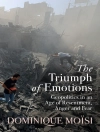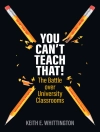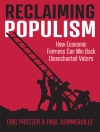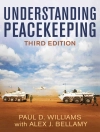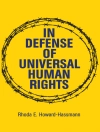This volume seeks to understand the role and function of religious-based organizations in strengthening associational life through the provision of social services, thereby legitimizing a new role for faith in the formerly secular public sphere. Specifically, we explore how a church in a postcommunist setting, during periods of economic growth and recession in the wake of transitions to capitalism, and with varied numbers of adherents, might contribute to welfare services in a new political regime with freedom of religion. Put another way, what new pressures would be placed on the secular welfare state if religious organizations (Orthodox, Catholic, Protestant, Muslim, others) simply stopped offering their services? By examining public perceptions of the church, changing dynamics of religiosity, and church-state-civil society relations, the volume places these issues in context.
Innehållsförteckning
1. Religion, Faith-Based Organizations and Welfare Delivery in Contemporary Eastern Europe: An Introduction to the Volume.- 2. Religion, Civil Society, and the State: Dynamics in Eastern Europe.- 3. Faith-Based Welfare Provision in Russia.- 4. The Place of Church in the Romanian Public Sphere: From Charitable Entrepreneur to Political Agent.- 5. In Times of Crisis: Faith-based Social Engagement and Religious Contestations in Ukraine since Maidan 2013-2014.- 6. God’s Backyard: Politics and the Catholic Church in Poland.- 7. Church and the Welfare State in Croatia.- 8. Religion, Civil Society, and Charitable Activity in Slovenia.- 9. Faith-Based Organizations in Hungary.- 10. Religion and Welfare in a Secular Society: The Case of Estonia.- 11. Irreplaceable Church Welfare in the Least Religious Country: The Case of the Czech Republic.
Om författaren
Miguel Glatzer is Associate Professor of Political Science and Director of the Leadership and Global Understanding Program at La Salle University, USA. His current research focuses on social policy, labor market policy, the European sovereign debt crisis, financial literacy, and immigration.
Paul Christopher Manuel is the Hurst Senior Professorial Lecturer and distinguished scholar in residence in the Department of Government in the School of Public Affairs at American University, USA. His research interests address comparative democratization, comparative public policy, and the relationship between religion and politics.


